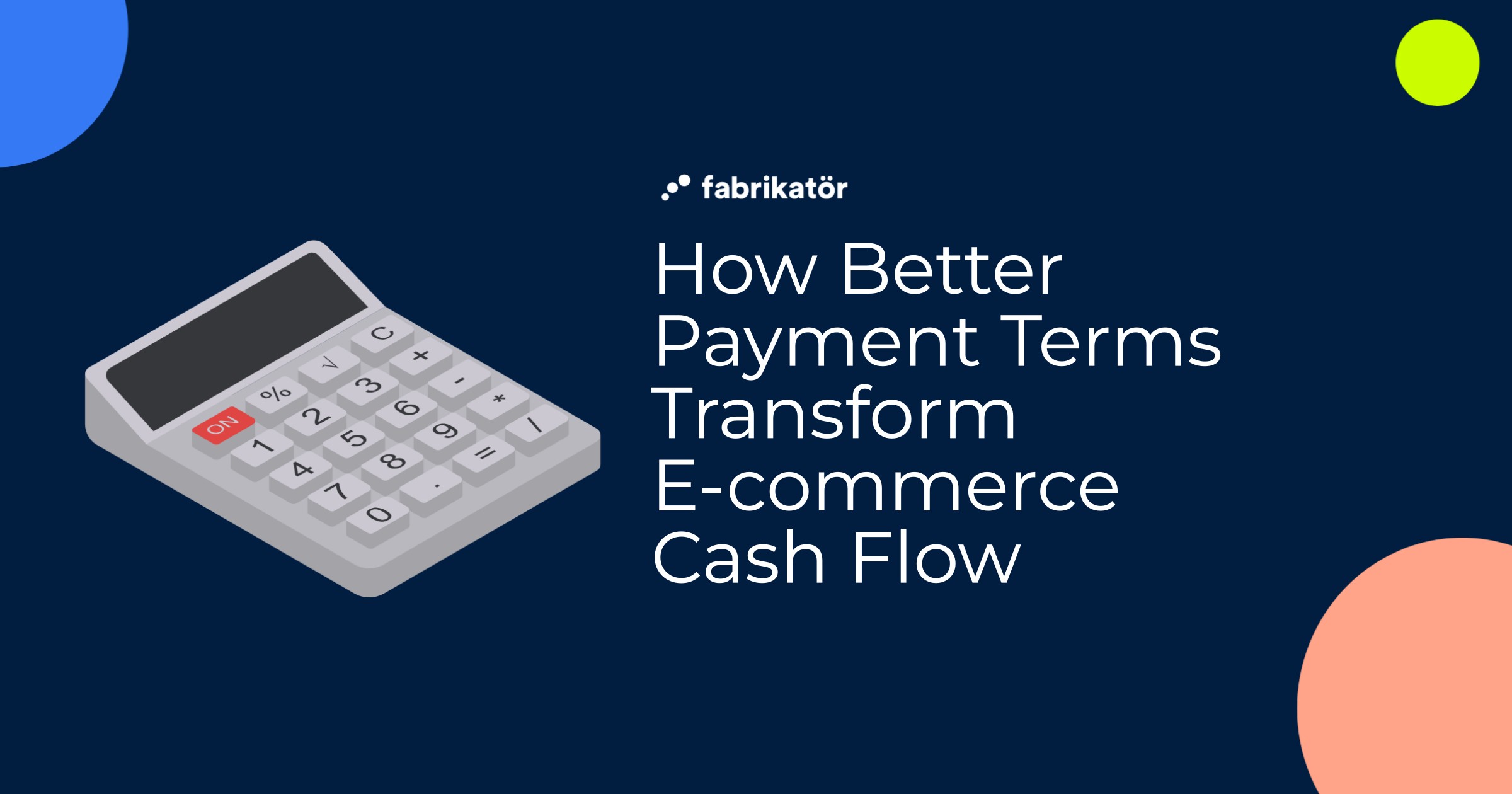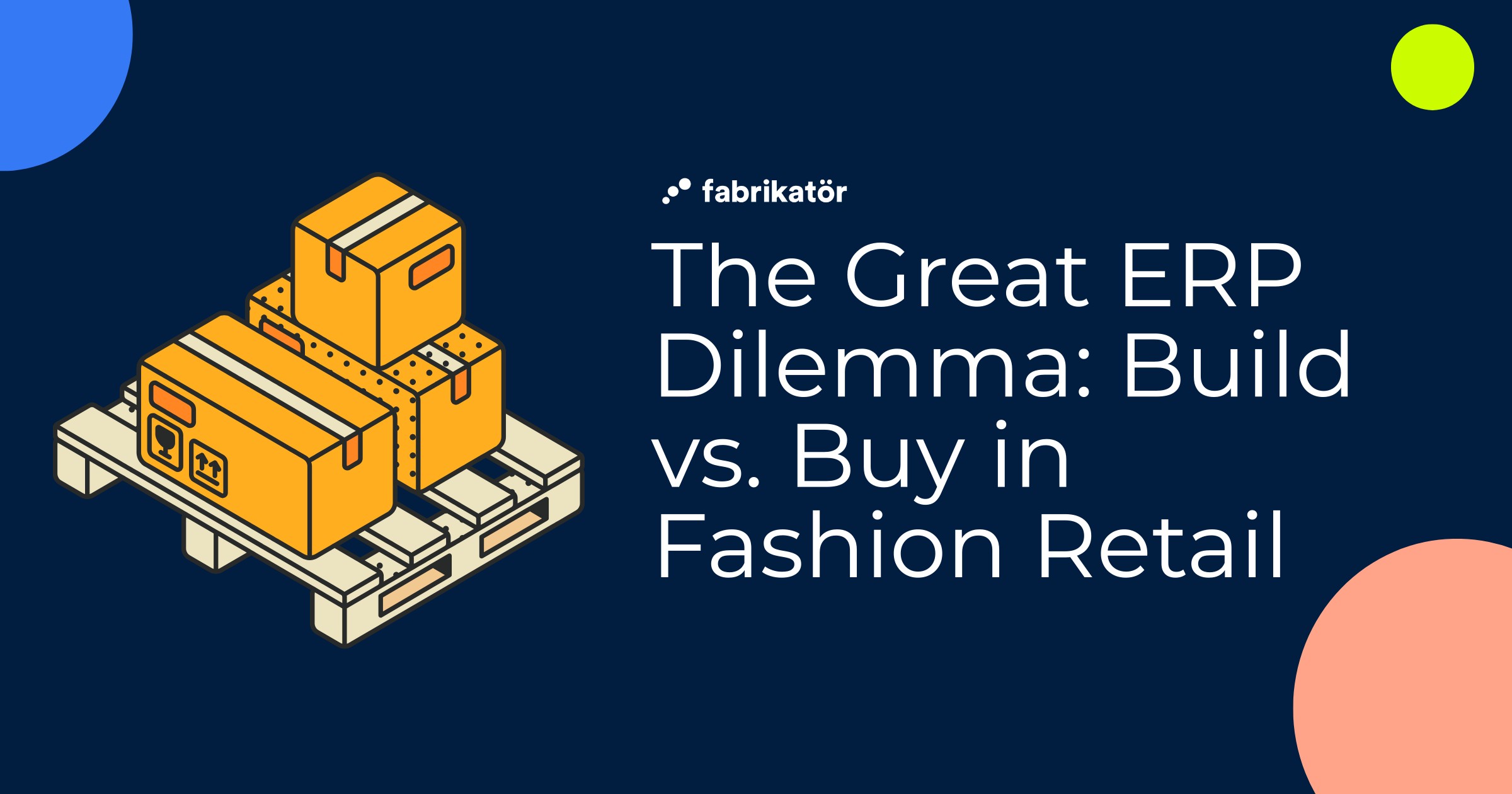What is Economic Order Quantity (EOQ) in ecommerce?
.webp)
What is EOQ?
Economic Order Quantity (EOQ) is a crucial concept for managing inventory effectively, especially for ecommerce and DTC (Direct to Consumer) businesses. It is a formula used to determine the optimal order size that minimizes the total cost of inventory management, including ordering, holding, and stockout costs. Understanding EOQ can help ecommerce businesses make better decisions regarding how much inventory to order and when, ultimately ensuring operational efficiency and profitability.
In this blog, we'll explore the concept of EOQ, how to calculate it, and how it benefits inventory management in ecommerce.
Why is Economic Order Quantity Important?
EOQ is all about finding the balance between holding costs (the cost of storing inventory) and ordering costs (the cost of purchasing inventory). For ecommerce businesses, EOQ is vital because it helps:
- Reduce Inventory Costs: By determining the optimal order size, EOQ minimizes both holding and ordering costs.
- Maintain Optimal Stock Levels: EOQ helps businesses maintain the right amount of inventory, ensuring products are always available for customers without overstocking.
- Improve Cash Flow: Ordering the right amount at the right time prevents excess inventory, freeing up cash for other business needs.
To learn more about optimizing inventory, check out our guide on inventory holding cost and how to optimize it.

How to Calculate EOQ
The EOQ formula is used to find the ideal quantity of inventory that should be ordered to minimize costs. The formula is:
EOQ =
Where:
- D = Demand (the total quantity of product required over a period)
- S = Ordering cost per order (the fixed cost incurred every time an order is placed)
- H = Holding cost per unit per year (the cost to store one unit of inventory for a year)
Example EOQ Calculation
Suppose your ecommerce business sells 10,000 units per year of a particular product (D = 10,000), the cost to place an order is $50 (S = 50), and the holding cost per unit per year is $2 (H = 2). Plugging these values into the EOQ formula gives:
EOQ = = = 707
This means that ordering 707 units at a time will minimize your total inventory costs.
For a better understanding of inventory calculations, you might find our post on how to calculate average inventory helpful.
Benefits of EOQ for Ecommerce
EOQ is particularly beneficial for ecommerce businesses looking to streamline their inventory management. Some key benefits include:
- Lower Inventory Costs: By ordering the optimal amount, businesses can reduce both ordering and holding costs, leading to significant savings.
- Avoid Stockouts: EOQ helps maintain sufficient stock levels, reducing the risk of stockouts and missed sales opportunities.
- Efficient Reordering: EOQ simplifies the reordering process, allowing ecommerce businesses to focus on other aspects of growth and operations.
Factors Affecting EOQ
Several factors can influence the Economic Order Quantity for ecommerce businesses. These include:
- Demand Fluctuations: Changes in customer demand can impact EOQ. During periods of higher demand, you may need to adjust your EOQ accordingly.
- Lead Time: The time it takes for inventory to be delivered after an order is placed also affects EOQ. Understanding lead time is critical to maintaining efficient inventory levels. For more on this, visit our article on lead time and how to calculate it.
- Holding Costs: Any changes in holding costs, such as warehousing fees or storage conditions, can affect the EOQ.
- Ordering Costs: If your ordering costs change, it will impact how often and how much you should order.
EOQ vs. Other Inventory Metrics
While EOQ helps determine the optimal order size, it's also essential to consider other inventory metrics that contribute to overall inventory efficiency:
- Reorder Point (ROP): The reorder point is the inventory level at which a new order should be placed to avoid stockouts. Calculating the ROP ensures that inventory arrives just in time before running out of stock. To learn more, check out our guide on how to calculate the reorder point formula.
- Safety Stock: Safety stock is the extra inventory kept on hand to prevent stockouts in case of unexpected demand. EOQ combined with safety stock ensures that you're always prepared for sudden changes. You can read more about calculating safety stock in our post on how to calculate safety stock.
How to Apply EOQ in Your Ecommerce Business
Implementing EOQ in your ecommerce business requires integrating inventory management software that can calculate EOQ based on real-time data. Tools like Fabrikatör can help automate the process, providing you with accurate insights into how much to order and when to do so. By leveraging EOQ, you can improve cash flow, reduce inventory costs, and enhance customer satisfaction.
How to Best Use EOQ?
Economic Order Quantity (EOQ) is a powerful tool for ecommerce and DTC businesses aiming to optimize inventory management. By determining the ideal order size, EOQ helps reduce costs, maintain optimal stock levels, and prevent stockouts. Whether you're a growing ecommerce business or an established brand, implementing EOQ can lead to significant improvements in efficiency and profitability.
Understanding and utilizing metrics like EOQ, reorder points, and safety stock are crucial for ensuring your inventory management strategy is robust and effective. Tools like Fabrikatör can make implementing these strategies seamless, helping you focus on what really matters—growing your business.
About Fabrikatör
Fabrikatör’s inventory management platform blends EOQ (Economic Order Quantity) with advanced demand forecasting, offering a flexible solution tailored for eCommerce stores. By leveraging real-time data, Fabrikatör dynamically determines optimal order quantities and automates reorder points, eliminating the need for manual calculations.
This data-driven method ensures you maintain the ideal stock levels—avoiding both stockouts and overstock—while optimizing cash flow and reducing costs.
Get a free demo today to see how Fabrikatör can transform your inventory management.










